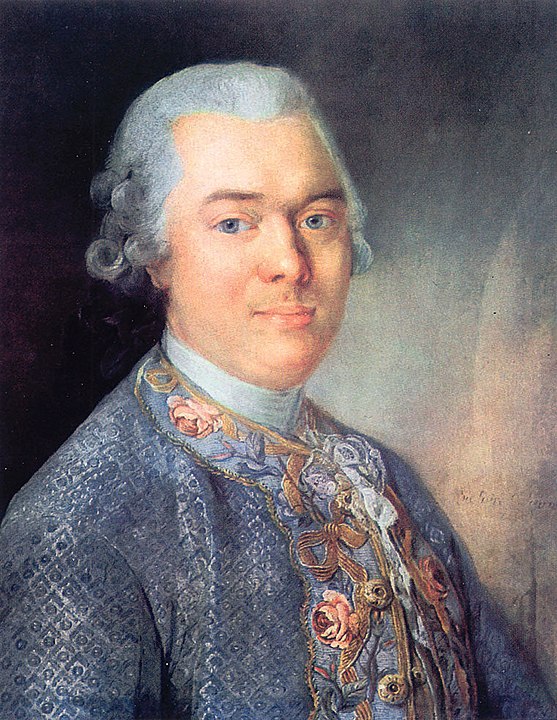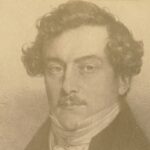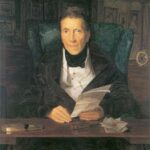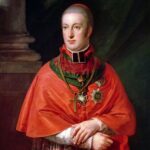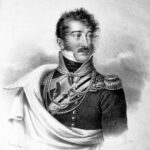Beethoven was talented, but talent alone was not enough to win the heart of Vienna. He was blessed with dedicated patrons and one of them was Baron van Swieten.
Who was Gottfried van Swieten?
He was born as Godefridus Bernardus “Godfried” van Swieten (29 October 1733 Leiden – 29 March 1803 Vienna) in Leiden, the Dutch Republic. The family lived there until Gottfried was 11. His father was a well known physician who later accepted the position of being the personal physician to the Holy Roman Empress Maria Theresa. The family moved to Vienna, where the father’s other important responsibility, as director, was the Imperial Library.
Young Gottfried was an excellent student, spoke many languages and became a diplomat. He was a representative in Paris, Warsaw, and finally in Berlin. He played important and delicate role at the First Partition of Poland (1772), representing Austria.
Upon his return to Vienna, he took up the vacant position of his, now dead, father and became the director of the Imperial Library. This position he hold till the end of his life. His most important innovation here was the introduction of the card catalog. Previously these catalogs were binded books, difficult to modify or add records later. His cards were later introduced all over Europe.
On the political front he reached his peak in 1781, when he was appointed Councillor of State and Director of the State Education Commission, a year later also as Director of a new Censorship Commission. He lost his position in bitter power struggles with the current (Joseph) and the new Emperor (Leopold) in 1791. Van Swieten was a Freemason.
His passion in his free time was music. Wherever he went, he always sought out and learned from the local court musicians. He also tried his hands at composing, he wrote a few operas and symphonies, but not of notable quality.
His support of musicians was much more important! He was supporting both Haydn and Mozart as a patron, commissioning more works. With Mozart he became close, who was a frequent visitor at his home. Swieten brought from Berlin more manuscripts of J.S.Bach and of Handel, together they discovered and played these treasures. When Mozart had died he showed up immediately and helped the family, both in the arrangements of the funeral and later financially.
|Related: Patrons of Beethoven
With Haydn their relationship was probably even closer. They worked together on more projects, Swieten as artistic adviser and a librettist. These cooperations include The Seven Last Words, The Creation and The Seasons.
Beethoven and van Swieten
By the time Beethoven met Swieten, he was already past his prime, but still influential in Vienna. His devotion to music has not changed, for example he would not tolerate talking during a concert, and supported not only old music, but young talents, too.
Young Beethoven was a frequent visitor, just as Mozart used to be, at the Swieten home. One written invitation remained, it says, “If you are not hindered this coming Wednesday, I wish to see you at my home at 8:30 in the evening with your nightcap in your bag. Give me your immediate answer!”
It may be, that these were the sessions, where Beethoven first met with the works of Handel extensively, whom he later considered the best, even above himself.
When Beethoven finished his First Symphony, he scribbled out the original dedication of Max Franz (Elector of Bonn, a former employer), and dedicated to Gottfried van Swieten instead.
